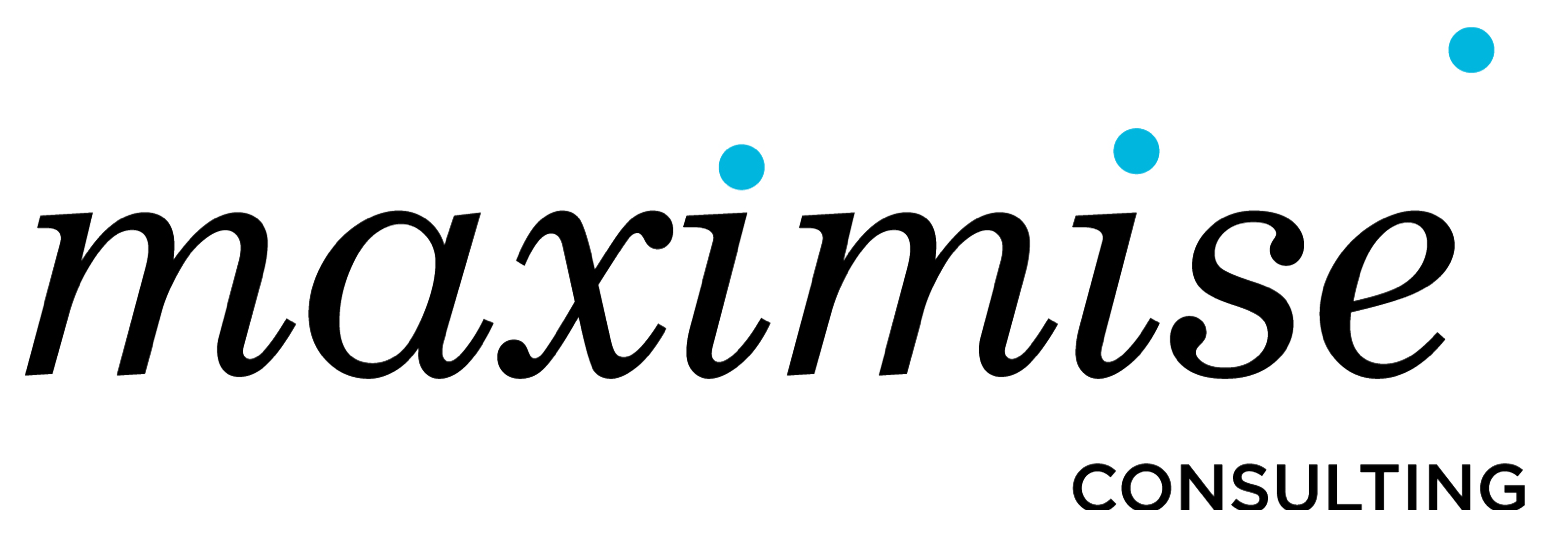Overcoming learning-avoidance: the silent barrier to growth
In the fast-paced work environment of back-to-back meetings, competing commitments and tight schedules, it's not uncommon common for leaders to struggle to make time to step back, and find time for learning and application. It’s also possible that avoidance, procrastination or lack of effort may get the upper hand on professional growth.
Chris Argyris once described the idea of ‘learning-avoidance routines’, based on unconscious defensive behaviours that individuals and organisations take up to shield themselves from discomfort or perceived threats, ultimately impeding effective learning and change. These silent routines are ingrained in our psyche to protect our self-image and ego avoiding admitting mistakes, weaknesses, or vulnerabilities, all to appear competent and infallible.
High achievers who have rarely experienced failure are particularly susceptible to defensive reasoning. The fear of failure, being wrong, feeling incompetent, feeling vulnerable, or experiencing shame or guilt imposed by high personal standards can combine to create a self-imposed glass ceiling. This can also lead to perfectionism, blame, aversion to self-reflection or defensiveness, which stifles openness to new ideas, constructive criticism, or to consider alternative views. It can also exacerbate the ‘imposter syndrome’, where individuals doubt their accomplishments and fear being exposed as frauds, despite evidence to the contrary.
Even the most experienced leader, admired for their decision-making nous, may be reluctant to accept feedback that contradicts their established track record. A fear of admitting mistakes could then lead to avoid testing assumptions, disregard potentially innovative solutions or fail to acknowledge a change in market dynamics. In this way, defensive reasoning can hamper personal and professional growth, but also stifle organisational change and innovation.
Avoiding defensive reasoning
Promoting self-awareness is the first step toward achieving a genuine desire for personal and professional growth, through a disciplined approach to self-discovery and return on effort.
Reflective practice: Scheduling time for self-reflection and self-evaluation by looking back on experiences, actions, and decisions is an effective way to gain insights and learn from them. It requires a disciplined and balanced approach to appraising what worked, what didn’t go so well, and committing to act on identified changes.
Acknowledge biases: To find new possibilities, be willing to confront our own biases, assumptions, and mental shortcuts. Daniel Kahneman describes our capacity for ‘fast thinking’ for automatic, and intuitive decisions, and ‘slow thinking’ for complex, reasoned choices, demanding effort.
Admit mistakes: Rather than viewing mistakes as failures, how might we see them as opportunities for growth. The act of acknowledging our errors not only builds humility but also fosters a culture of continuous improvement.
Using the power of ‘not-knowing’: Be prepared to put aside what we already know, be open to the discomfort of unfamiliarity, self-doubt, and experience uncertainty, to allow a deeper level of wonder and curiosity about what might be, particularly as it relates to learning with and through others.
Foster psychological safety: The paradox of vulnerability is, that by openly acknowledging our vulnerabilities and insecurities, individuals and teams can create an environment of psychological safety where trust, innovation, learning, resilience, empowerment, and inclusivity thrive.
Adopt a growth mindset: Carol Dweck’s ‘growth mindset’ views challenges and setbacks as opportunities to learn and improve. This requires cultivating an intention to learn, experiment, embrace challenge, persist in the face of setbacks, exert effort to deliberately practice, seek and learn from criticism, and be inspired by the success of others.
In summary, learning-avoidance routines and defensive reasoning highlight a common yet often overlooked barrier to personal, team and organisational growth. Recognising and addressing these defensive behaviours is the first step toward fostering a culture of learning, adaptability, and resilience. By developing a learner-mindset, we can help ourselves and others to change behaviour, adapt habits and grow.
What learning avoidance routines have you observed in your workplace, and what tactics have worked to encourage a learner-mindset?

